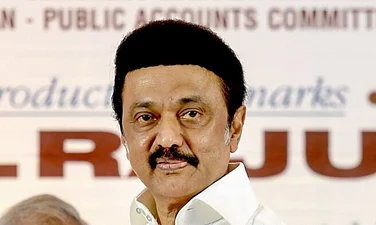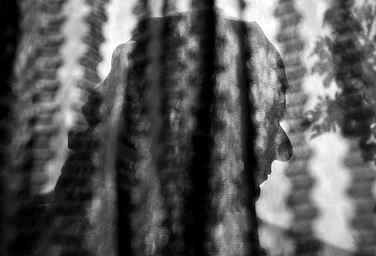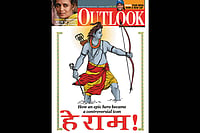Hindi is not among the six classical languages recognised by the Union government. It is one of the 22 languages listed in the Eighth Schedule to the Constitution; one of the 24 languages in which Sahitya Akademi gives away its annual awards. Article 343 of the Constitution terms it an ‘official language’, and Article 351 directs the Union government to ‘promote’ and ‘develop’ the language ‘so that it may serve as a medium of expression for all the elements of the composite culture of India’.
The ruling establishment has been proposing to make Hindi the national language for a while now. Union home minister Amit Shah, also the chairperson of the Official Language Committee, said in 2019 that “it is absolutely essential that the entire country has one language that becomes the identity of the nation in the world”. Earlier this month, he reiterated that “the time has come to make the official language an important part of the unity of the country”.
Throughout the Republic’s history, several states have seen protests against the imposition of Hindi, not to forget the agitations of 1965 when several persons immolated themselves in Tamil Nadu.
Can there be a national language of a multilingual country?
ALSO READ


























